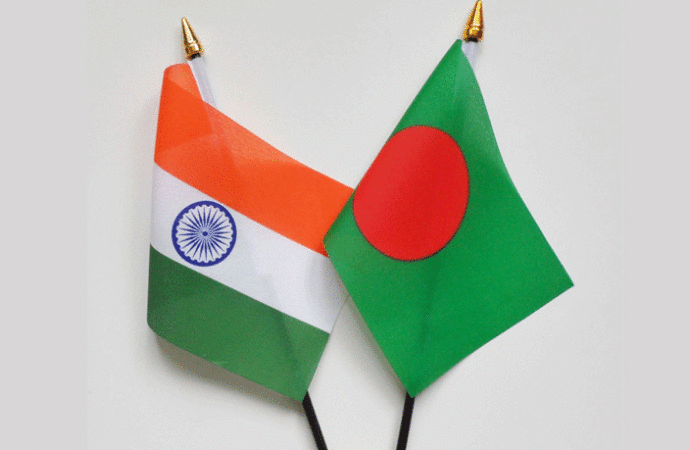

The budget for the current fiscal year is set to be slashed by 1.6 per cent in the revised one because of lower development expenditure, with the cut being marginal for healthy revenue collection and higher subsidy spending.
According to the finance ministry’s revised estimate, the revised budget will stand at Tk 594,000 crore, down from the original budget of Tk 603,681 crore.
The finance division last week presented it in the fiscal coordination council meeting chaired by Finance Minister AHM Mustafa Kamal.
The spending under the annual development programme (ADP) will be slashed by 4.43 per cent to Tk 215,000 crore. The allocation was Tk 225,324 crore in the actual budget.
From July to November, the government was able to spend only 23 per cent, or Tk 132,878 crore, of the total budget. The figure is 7.1 per cent higher than the spending in the last fiscal year’s first five months.
The revenue generation target of Tk 389,000 crore will remain unchanged in the revised budget since the National Board of Revenue’s collection has been satisfactory so far.
The NBR collected Tk 123,558 crore during the five-month period, up 11.2 per cent year-on-year. The revenue target from the NBR was set at Tk 330,000 crore for FY22 and the collection was Tk 100,267 crore in the first five months, up 15 per cent.
The budget deficit between July and November was Tk 9,320 crore, lower than Tk 12,150 crore registered in the same period in the last fiscal year. The lower budget deficit has been the result of higher revenue collection and lower spending.
In the July-November period, the borrowing of the government using savings instruments to bankroll the shortfall was Tk 14,584 crore, down from Tk 19,571 crore in the same period a year ago, owing to the cut of the interest rate on savings certificates and wage-earner bonds by 1 to 3 percentage points.
Government’s bank borrowing soared to Tk 19,762 crore as of November, which was Tk 12,035 crore in the same period in the previous fiscal year.
“Since the interest rates are still higher for the borrowing through savings instruments, the government is leaning towards banks to reduce the interest expenditure burden,” said a finance ministry official.
The government is set to borrow Tk 76,452 crore from the banking system and Tk 32,000 crore using savings tools. Although the budget spending has been low so far in the current fiscal year, it would accelerate in the last half of the fiscal year, the official said.
The government allocated around Tk 50,000 crore in the form of subsidies and incentives for various sectors. The spending is expected to rise due to the price hike of liquefied natural gas, fertilizers and power in the international market.
The subsidy in the power sector is set to increase after the government raised the price of diesel and furnace oil, used in generating electricity, in the first week of November.
Besides, the expenditure may increase in various sectors, including vaccine purchase and the acceleration of the ADP implementation in the later part of the year.
The council’s meeting also gave an outline about the budget for the next fiscal year.
According to the outline, the size of the budget would be Tk 675,139 crore. The government will shell out Tk 250,000 crore to implement development projects.
Revenue collection goal will be set at Tk 433,000 crore, with the NBR to get a task of generating Tk 370,000 crore.
Towfiqul Islam Khan, senior research fellow of the Centre for Policy Dialogue, praised the government for initiating the move to revise the budget much earlier than usually seen.
“Now, the government should work in a detailed manner about the development projects that will see priority and that will see a cut in allocation.”
Since the prices of fuel oil have gone up in Bangladesh and the price of fertilizer in the international market has been on an elevated level, the subsidy management of the government should be better taking into account the condition of the poor, he said.









